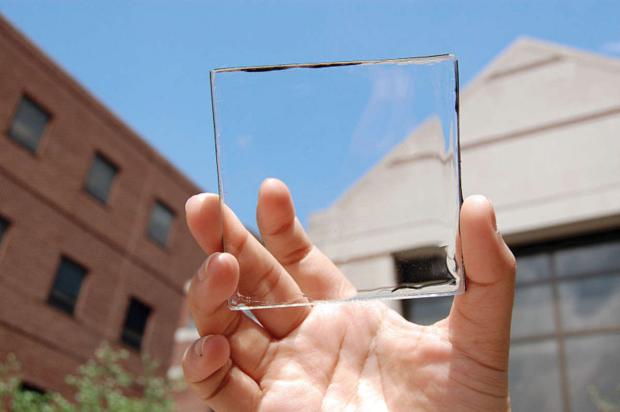
Breaking News
 Meet the New Porn: Even Worse than the Old Porn
Meet the New Porn: Even Worse than the Old Porn
 The unbearable pettiness of celebrity award shows
The unbearable pettiness of celebrity award shows
 Leftist Censors Cry About Censorship
Leftist Censors Cry About Censorship
 Natural solutions to hypertension: How beets, garlic and leafy greens can lower blood pressure...
Natural solutions to hypertension: How beets, garlic and leafy greens can lower blood pressure...
Top Tech News
 Critical Linux Warning: 800,000 Devices Are EXPOSED
Critical Linux Warning: 800,000 Devices Are EXPOSED
 'Brave New World': IVF Company's Eugenics Tool Lets Couples Pick 'Best' Baby, Di
'Brave New World': IVF Company's Eugenics Tool Lets Couples Pick 'Best' Baby, Di
 The smartphone just fired a warning shot at the camera industry.
The smartphone just fired a warning shot at the camera industry.
 A revolutionary breakthrough in dental science is changing how we fight tooth decay
A revolutionary breakthrough in dental science is changing how we fight tooth decay
 Docan Energy "Panda": 32kWh for $2,530!
Docan Energy "Panda": 32kWh for $2,530!
 Rugged phone with multi-day battery life doubles as a 1080p projector
Rugged phone with multi-day battery life doubles as a 1080p projector
 4 Sisters Invent Electric Tractor with Mom and Dad and it's Selling in 5 Countries
4 Sisters Invent Electric Tractor with Mom and Dad and it's Selling in 5 Countries
 Lab–grown LIFE takes a major step forward – as scientists use AI to create a virus never seen be
Lab–grown LIFE takes a major step forward – as scientists use AI to create a virus never seen be
 New Electric 'Donut Motor' Makes 856 HP but Weighs Just 88 Pounds
New Electric 'Donut Motor' Makes 856 HP but Weighs Just 88 Pounds
 Donut Lab Says It Cracked Solid-State Batteries. Experts Have Questions.
Donut Lab Says It Cracked Solid-State Batteries. Experts Have Questions.
TURN YOUR SMARTPHONE INTO A SOLAR PANEL

Instead of searching for an outlet to keep your phone alive, what if all you needed was some sunshine? An MIT startup has created a transparent coating that transforms surfaces into solar panels.
Typically solar panels soak up photons from the sun's rays and convert them into electricity. The panels tend to be dark, because the darker a material, the more visible light it absorbs. The idea of transparent panels would usually get dismissed because they don't, by definition, absorb any visible light—it just passes right through them.
Ubiquitous Energy, a spinoff of MIT, has created a coating made of organic molecules that absorb the sun's ultraviolet and infrared rays. Since the light isn't in the visible range (for humans), the coating appears clear. The material doubles as a semiconductor: When photons hit the surface, they excite electrons that flow as an electrical current to power the device.



